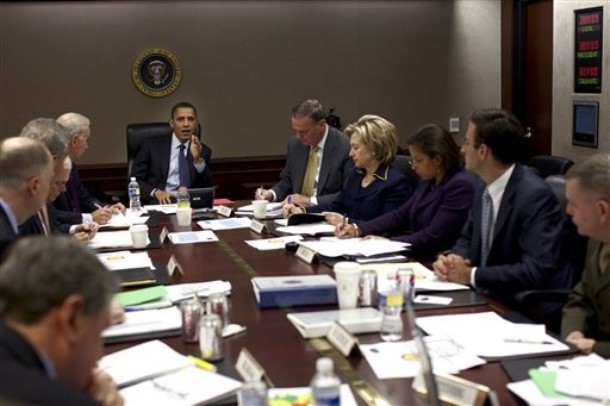Advice for the President's Afghanistan Speech

Tom Donnelly offers some:
The message he must communicate is beyond pure reason. The troop numbers, the strategic rationale and the policy direction matter more as indicators of temperament than as elements of an argument. The question of commitment was less pressing six months ago when Gen. Stanley McChrystal, trumpets across Washington blaring, was sent to take command in Afghanistan. But now it can no longer be avoided. The current moment is a test of the president’s “courage d’esprit,” of his determination.
The trouble is, the president is speaking to multiple audiences. There is a constituency - called the American people - who are as much interested in hearing how the war ends than in Churchill 2.0. There is Pakistan, which we are told wants to hear that we'll never leave, ever, so they'll stop backing the Afghan Taliban. There are the Afghans themselves - some of whom want a reassurance that the U.S. will not bug out on them and others who want a reassurance that the U.S. is not bent on permanently occupying them. You can signal resolve to one party and undermine your message to the other.
The broader problem is that this question of resolve is a red herring. What if Obama resolutely declares that American interests will be better served with an off-shore approach? I suspect Donnelly would not be pleased with such a display.
But more broadly, the president is one man. In a democratic society, there is going to be a loud, public clash of views on the subject of whether we need to stay in Afghanistan for decades or whether we should switch our strategy. By the very nature of our society, it is impossible to signal "resolve" when it comes to a mission that is as ambiguous as Afghanistan has become. There will always be powerful voices - in Washington, in the media, etc. - who can dissent and by dissenting, dilute a unified message. If the Taliban are paying attention, they'll surely pick up on that dissent no matter how resolute President Obama becomes. Unless you want to silence that dissent, there's no way a democratic debate cannot ultimately serve as fodder for enemy propaganda.
That's not to say it's impossible for a democratic society to convey an image of resolve. You could signal unity of purpose and seriousness about the war by instituting conscription and putting the economy into a war-footing, as we did during World War II (great stimulus prospects there as well). Both moves would certainly put the world on notice that America was serious about the business in Afghanistan.
(AP Photos)





